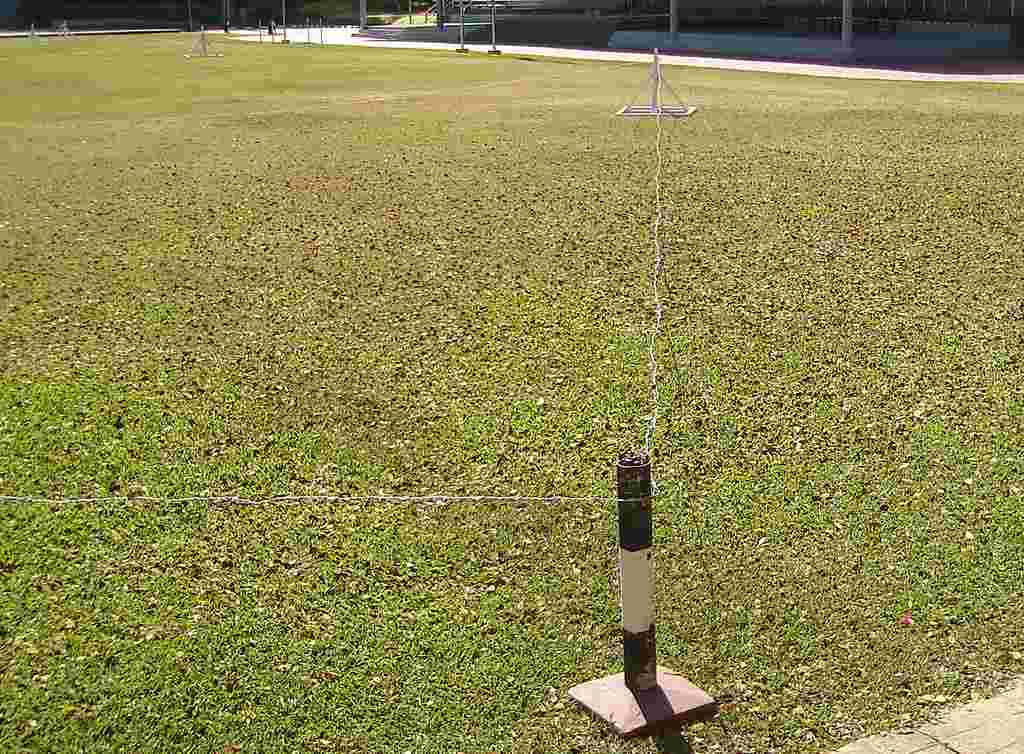Price of giving away resources to Malaya
Oil palm does not give money to Sabah. 60% goes to the
Malaysia(Malayan) government, but they create havocs to our local
environment that local fishermen that rely on rivers and the
environment for a living cannot find ways to provide their income. No
wonder there are more and more poor people in Sabah.
'Give us light and water, please'
Wed, 24 Nove 2010 12:08
E-mail Print
By FMT Staff
KOTA KINABALU: Listening to Gum-Gum assemblyman Zakaria Edris' volley
of demands at the recent State Legislative Assembly sitting is telling
of the situation in Sabah. He was asking for better enforcement, clean
water, electricity, and police and fire stations in his constituency
which is barely 45 minutes from Sabah's second largest city, Sandakan.
Rolling off his list of grouses, Zakaria said villagers living along
Sungai Memanjang in his constituency were struggling to make ends meet
following a steady decline in aqua life in the river as a result of
toxic effluence from a neighbouring oil palm mill.
The once "fish-rich" river is now "dead", he said, adding that
complaints to the State Environment Protection Department and the
Federal Environment Department have fallen on deaf ears.
"We have highlighted the issues to the two departments but there had
been no action. Nothing has been done to stop the mill operators and
help the villagers.
"If the mill continues to dump its toxic waste into the river, the
ones who will suffer are the locals.
"These villagers depend on the river for their livelihood. The
government cannot go on ignoring this It must take immediate action.
It must issue a stop order to the mill, " he said.
No water, electricity
Describing clean water as a "basic necessity", he said several
kampungs in his constituency were dependent on well water.
"Many kampungs in my constituency still don't have clean water and
electricity... this is a basic necessity. The state government must
look into this urgently," he said.
Kampung Ulu Dusun, Kampung Sungai Kapoor, Kamung Jaya Bakti, Kampung
Lalason and Kampung Tanjung Pisau are among the villagers which still
depend on well water. During the dry spell, the water dries up leaving
the villagers without clean water.
Kampung Pulau Libaran and Kampung Pulau Pemaguan have no electricity.
The community is dependent on power from a generator. Since the
increase in petrol prices, villagers have been unable to afford
electricity.
Zakaria has proposed that the state government take urgent action to
provide rural villagers with water and electricity.
"I propose that solar energy be introduced in these villagers since
petrol is expensive and generators are not practical," he said.
Rising crime
Early last year, a 16-year-old student was raped, brutally murdered
and dumped in the nearby forest in the constituency.
The incident sent shockwaves through the constituency which was also
riddled with a rising crime rate, said Zakaria.
"We urgently need a police station and a fire station. We don't have
any now. The nearest stations are in Sandakan... 45 minutes away.
"This is too far in case of an accident or emergency. A few years ago
we had a big fire and the by time the firemen came, 30 houses were
burnt down," he said.
Sandakan, on Sabah's east coast, is a known gateway for immigrants.
Over the years shantytowns have emerged creatinga whole range of socio-
economic problems for the state.
In the recent Batu Sapi by-elections, the 16-year-old Barisan Nasional
state government's lack of commitment to infrastructure development
came to the fore when opposition candidate Ansari Abdullah twice
plunged into the sea after the jetty and bridge he was standing on
collapsed.
Early last week, the World Bank Report 2010 reaffirmed a commonly held
belief when it reported that Sabah was the "poorest" state in Malaysia
and is unlikely to move ahead if current policies do not change.












